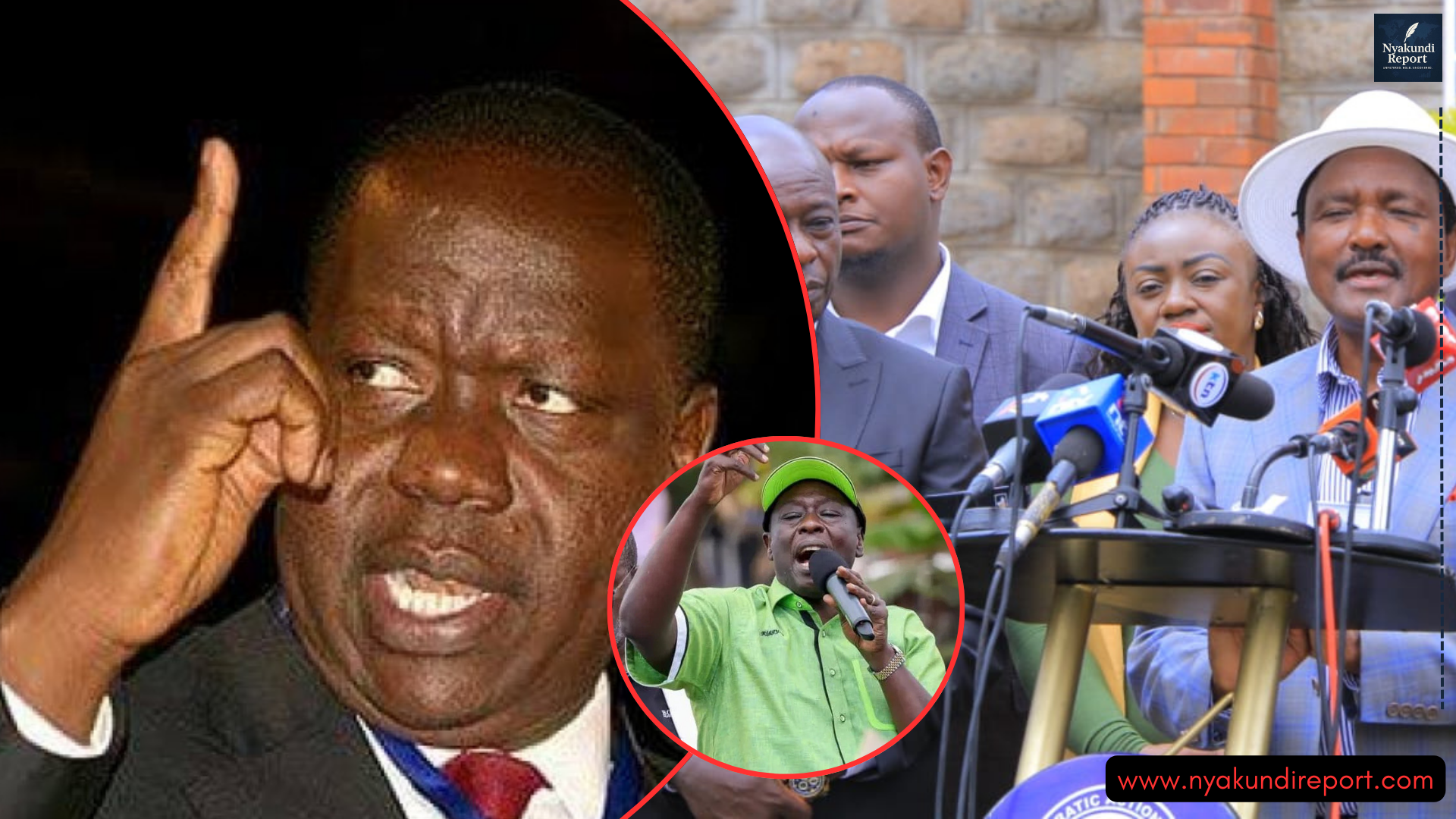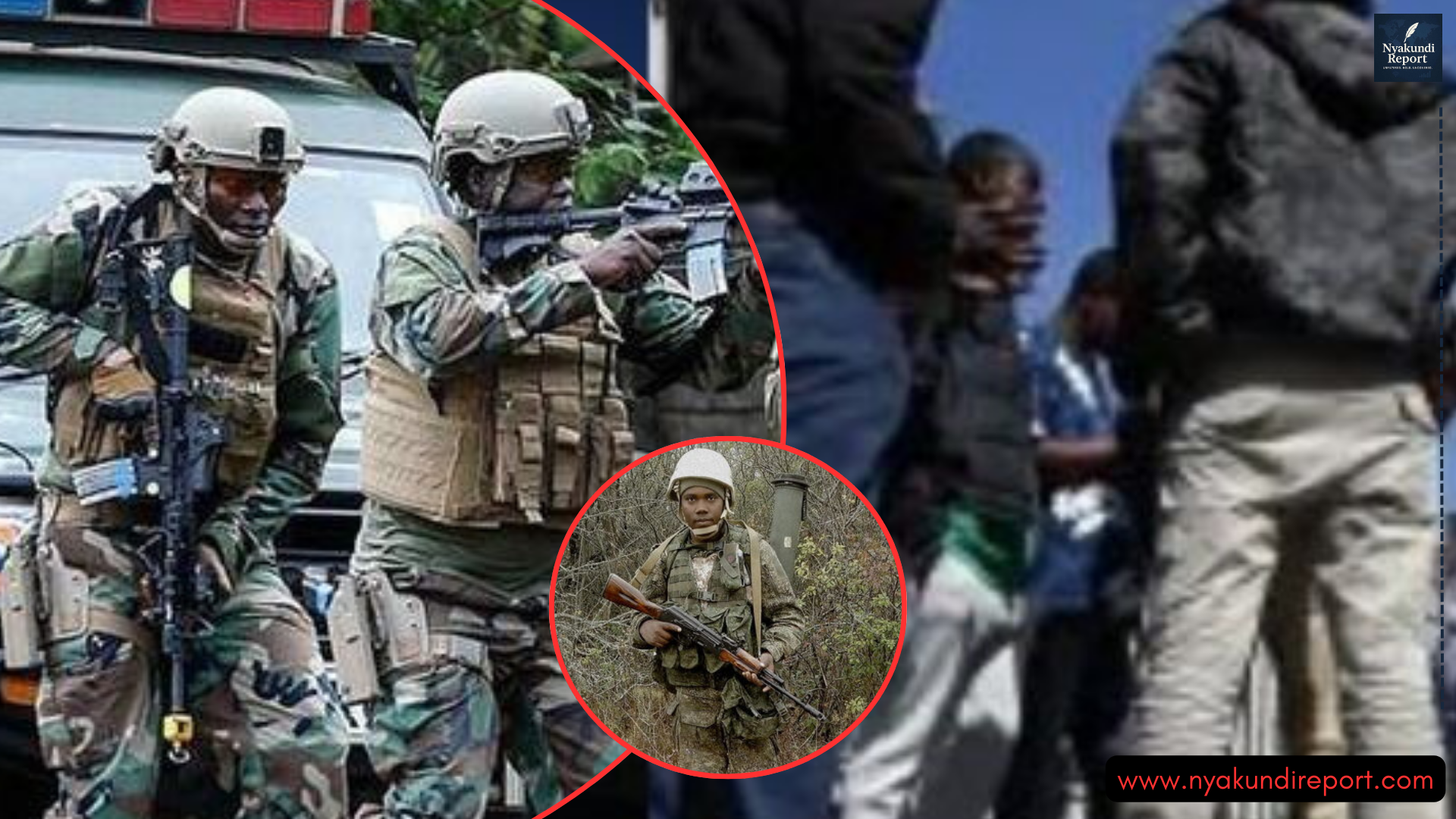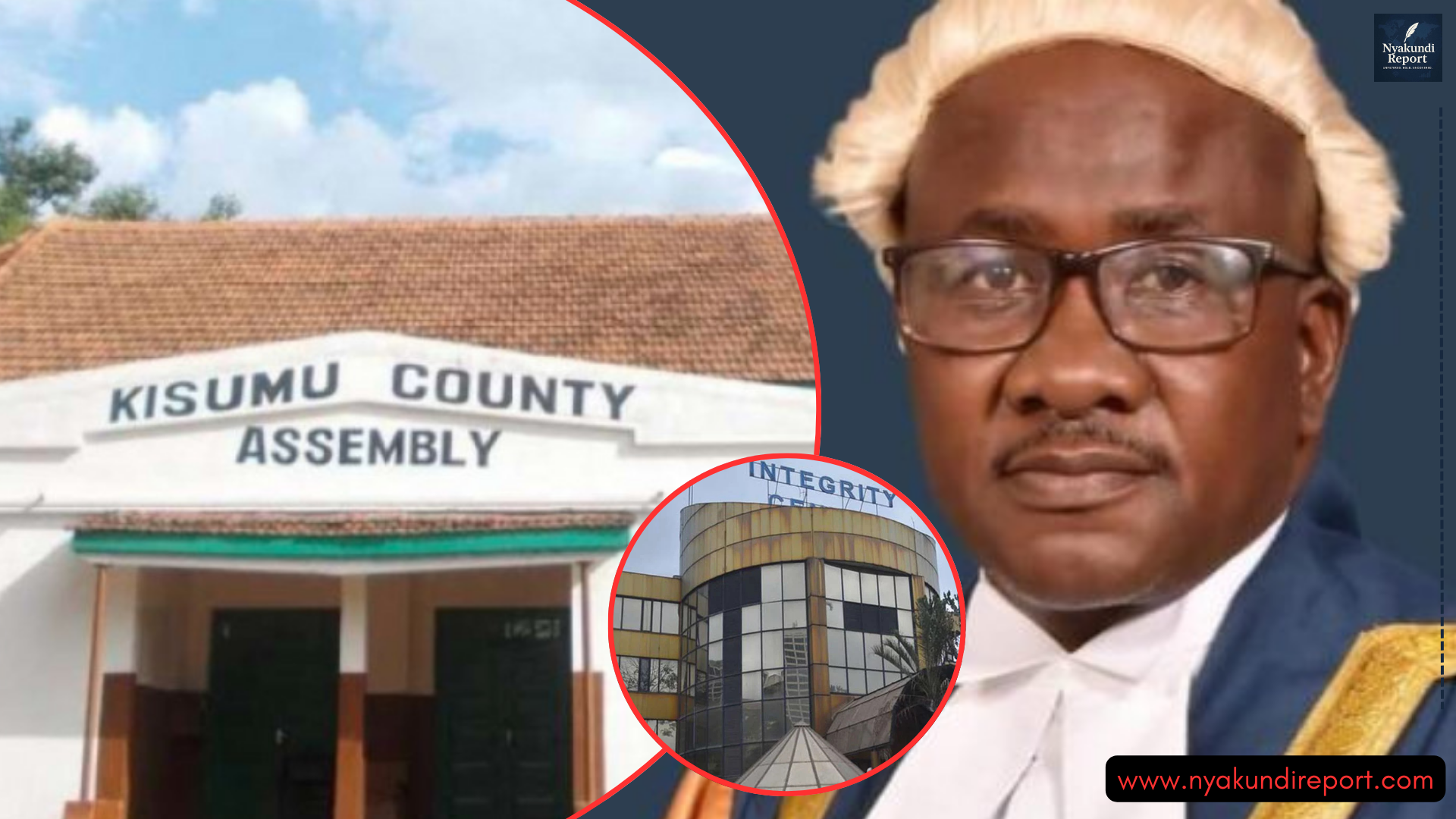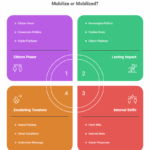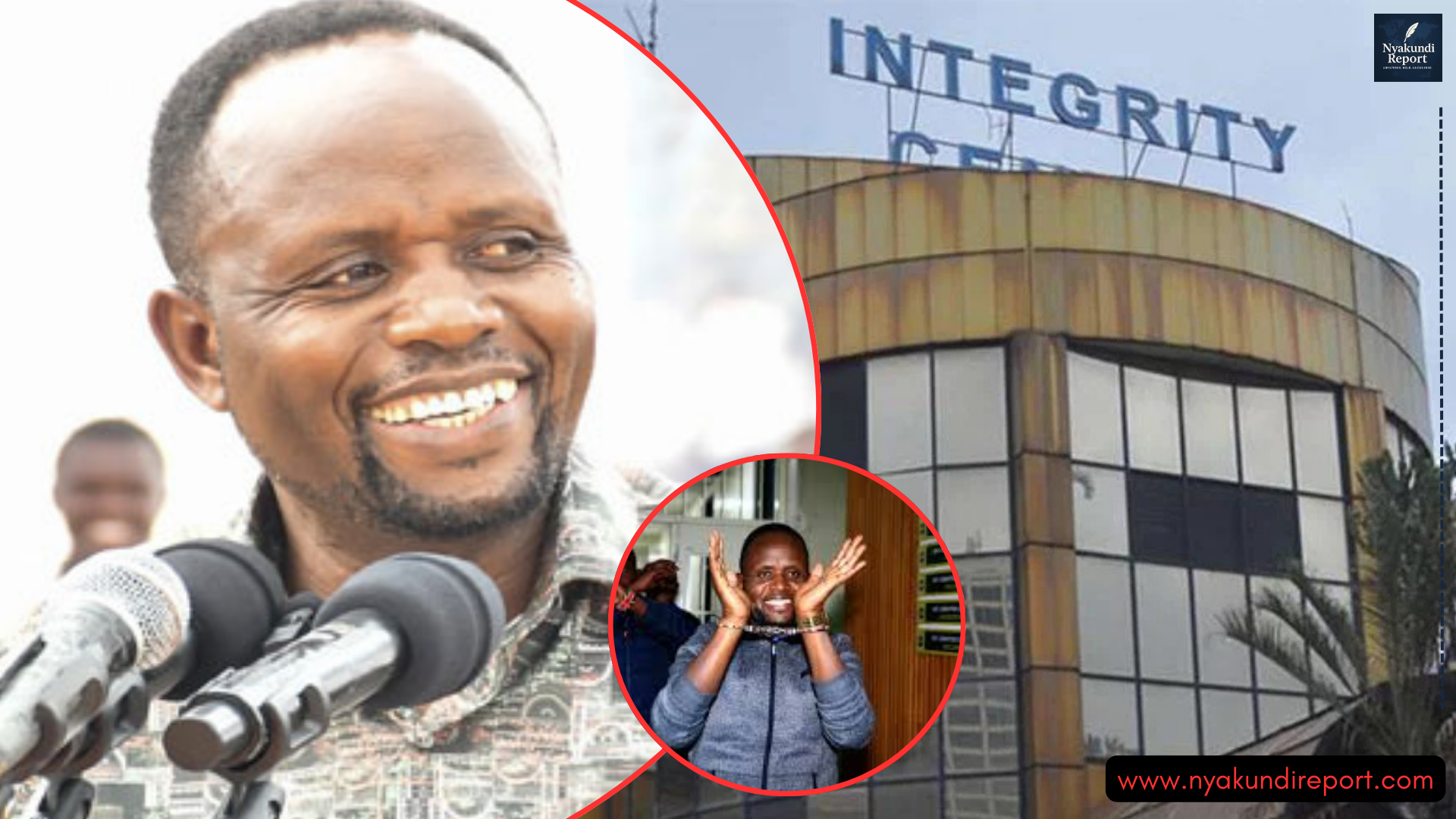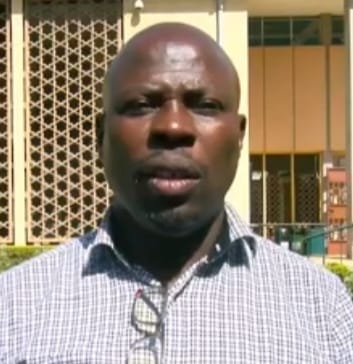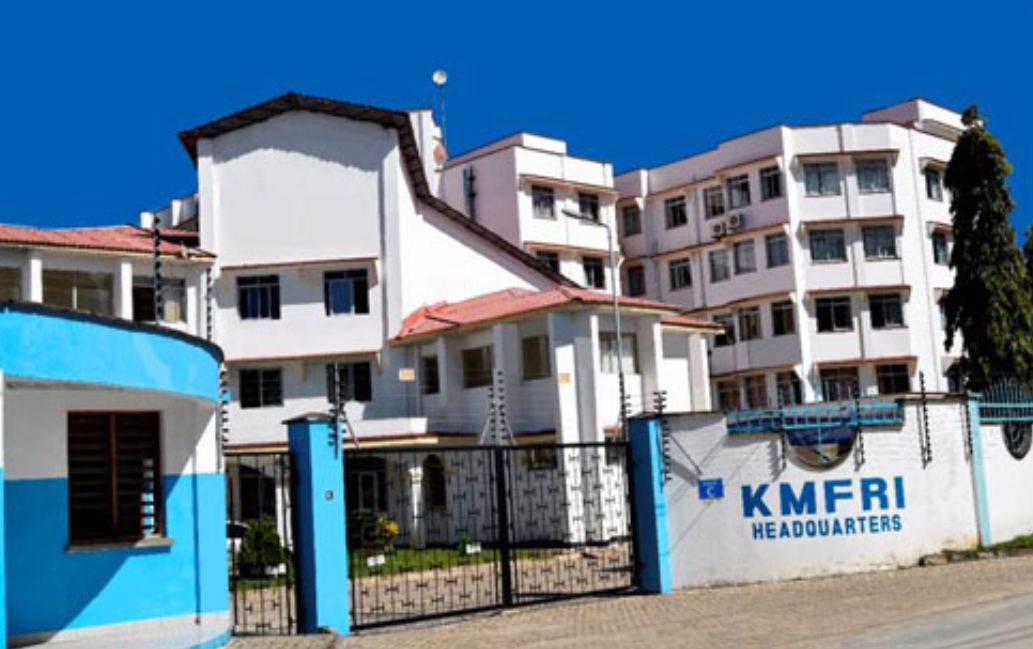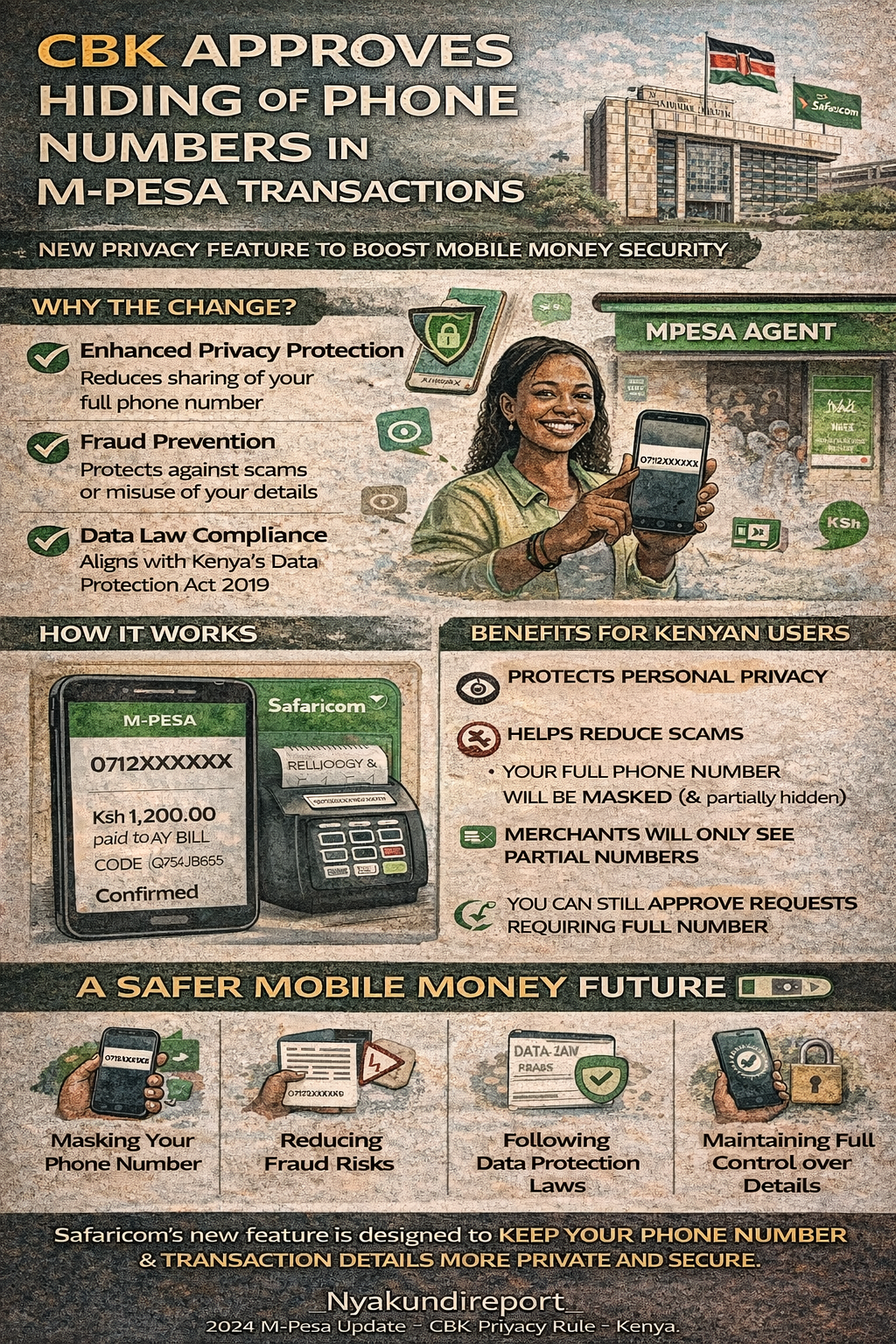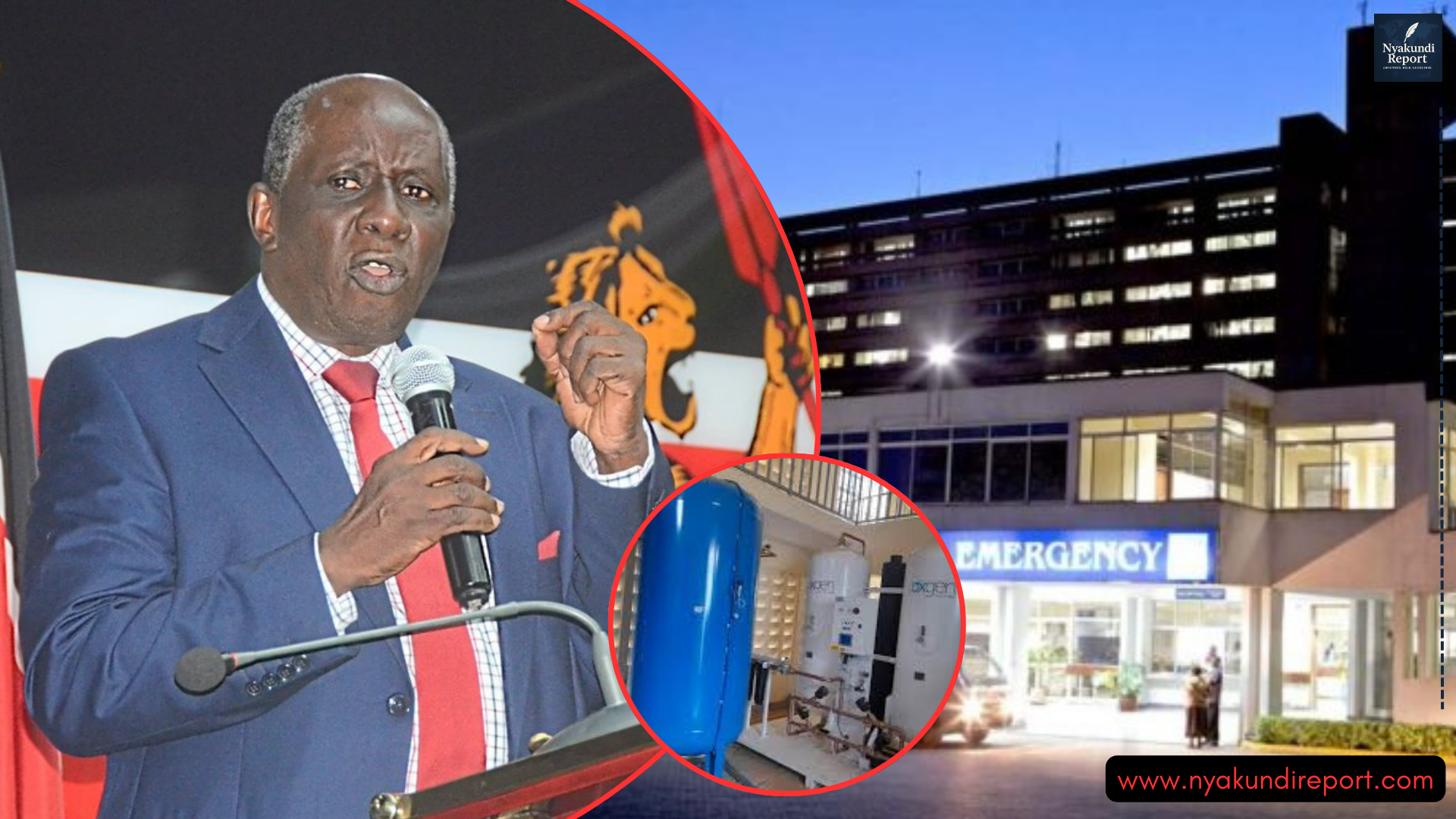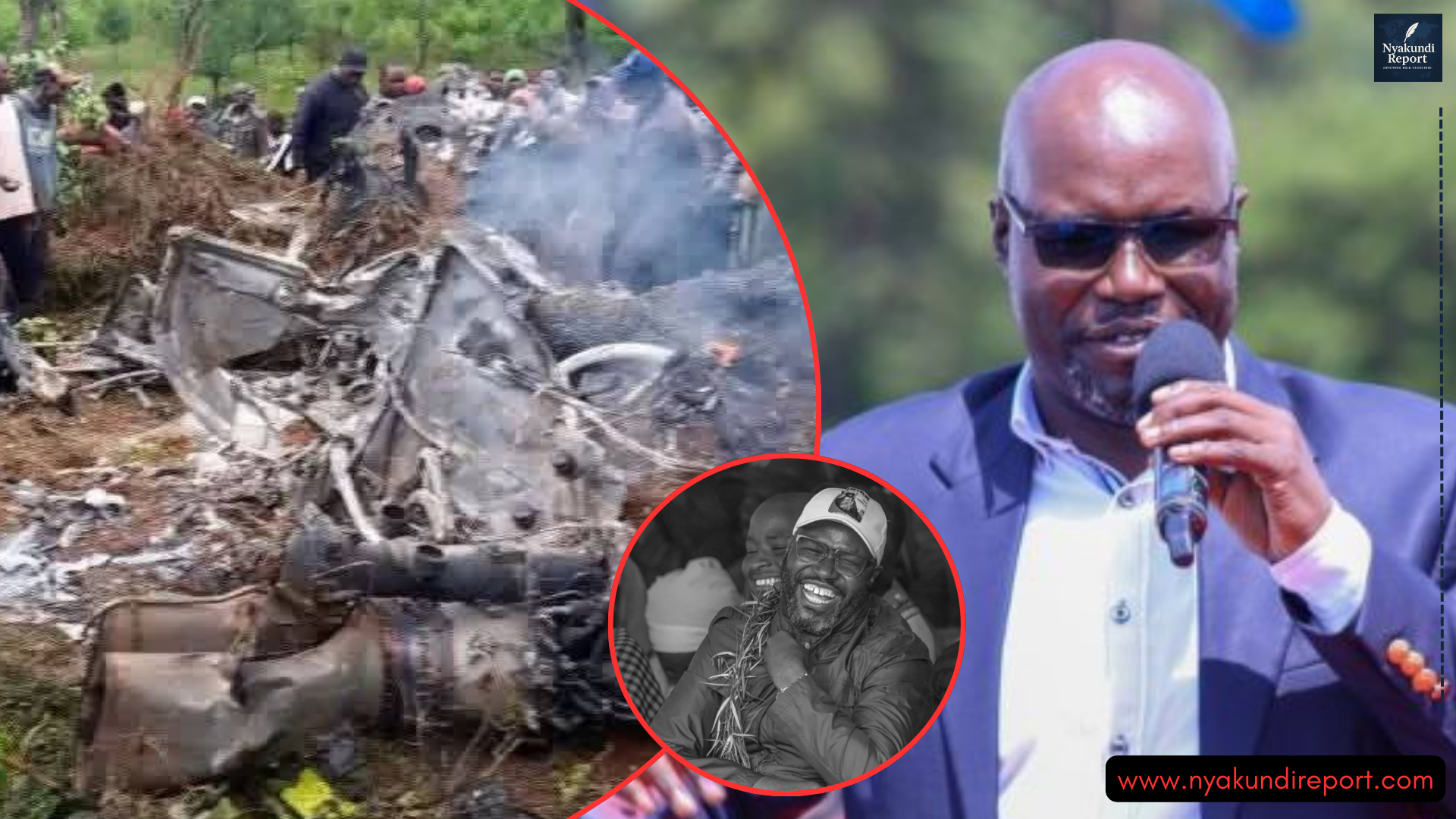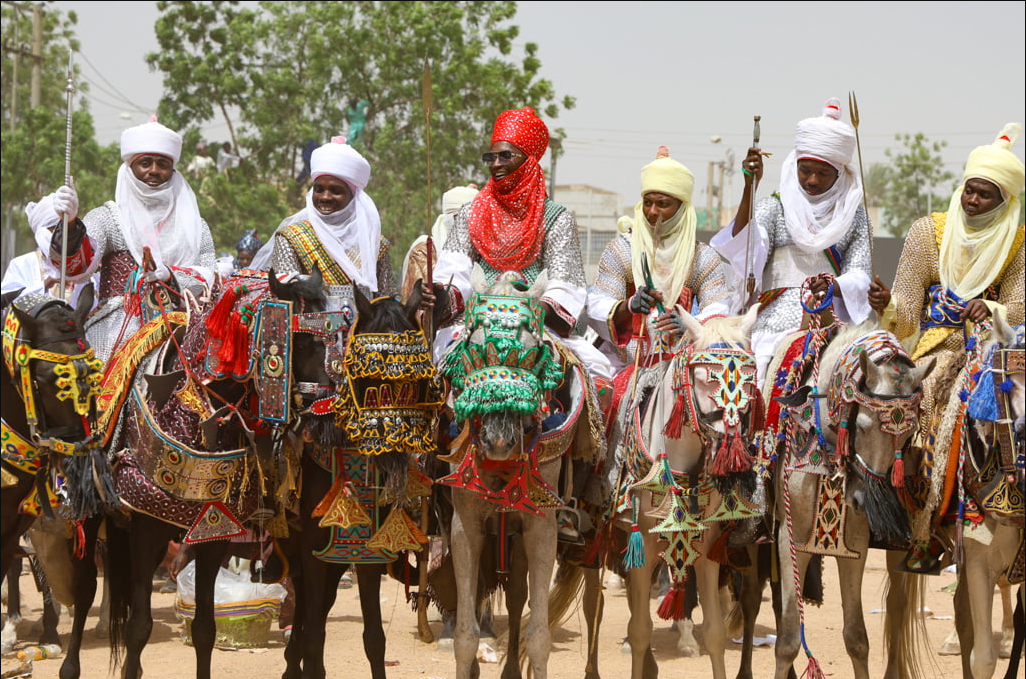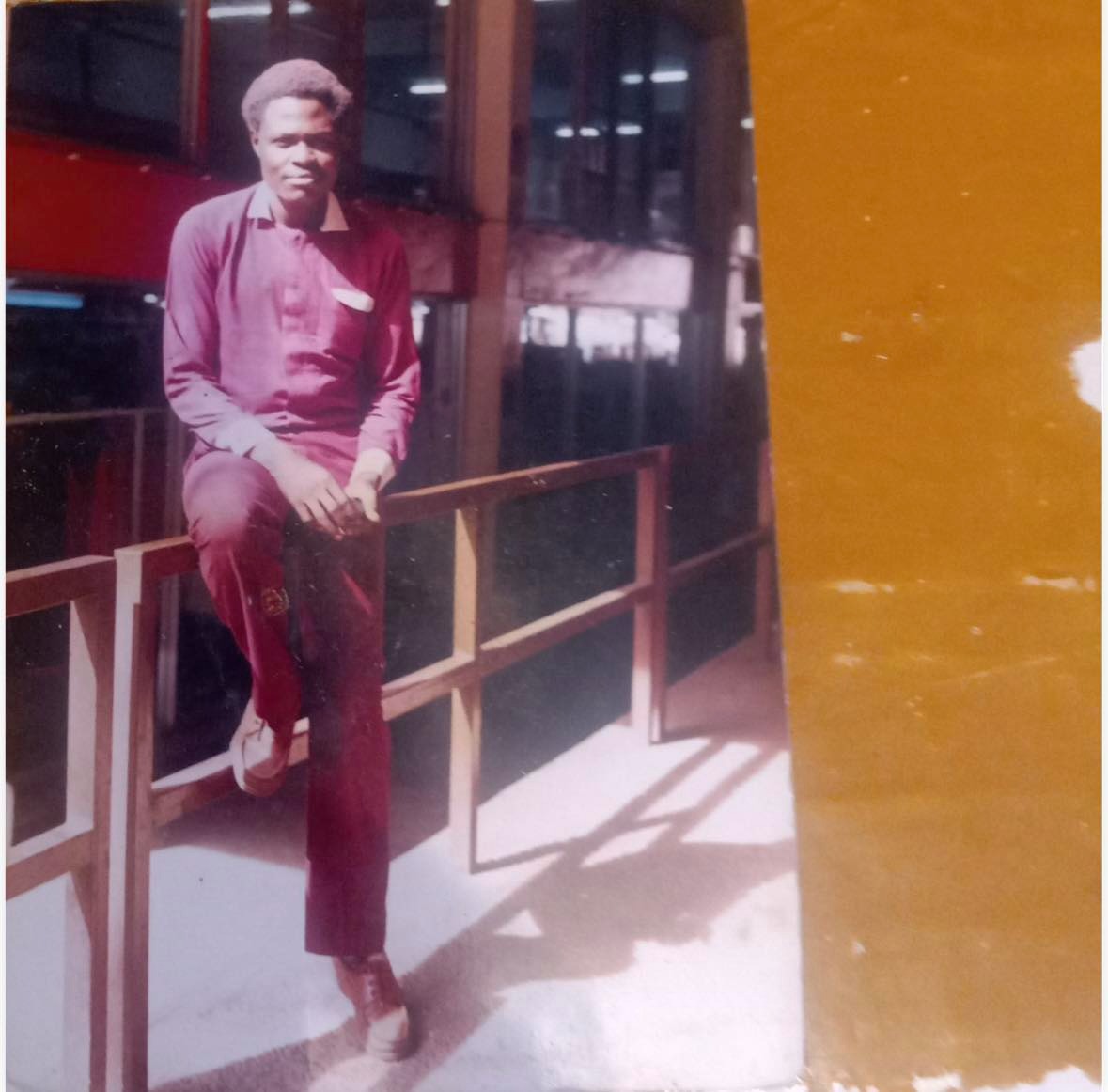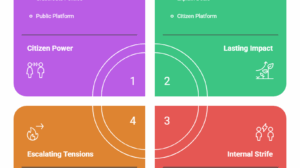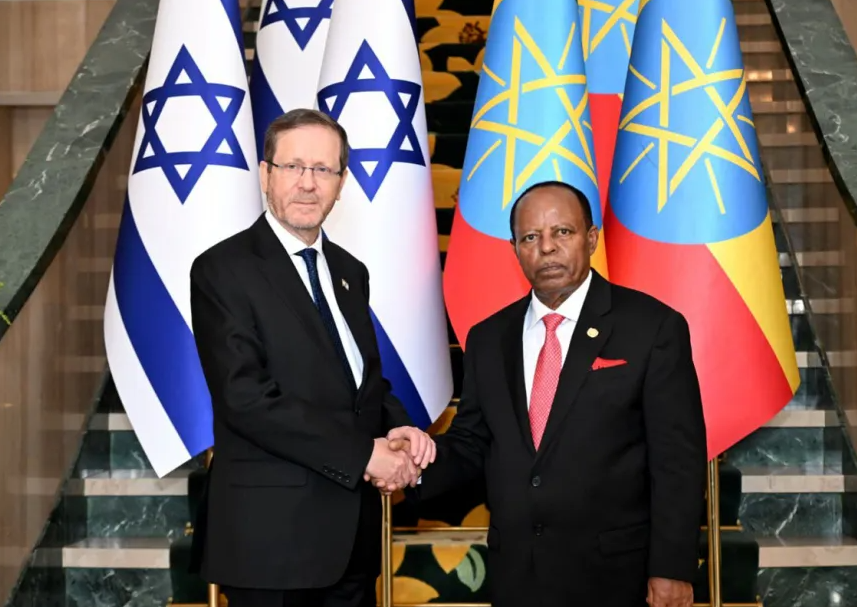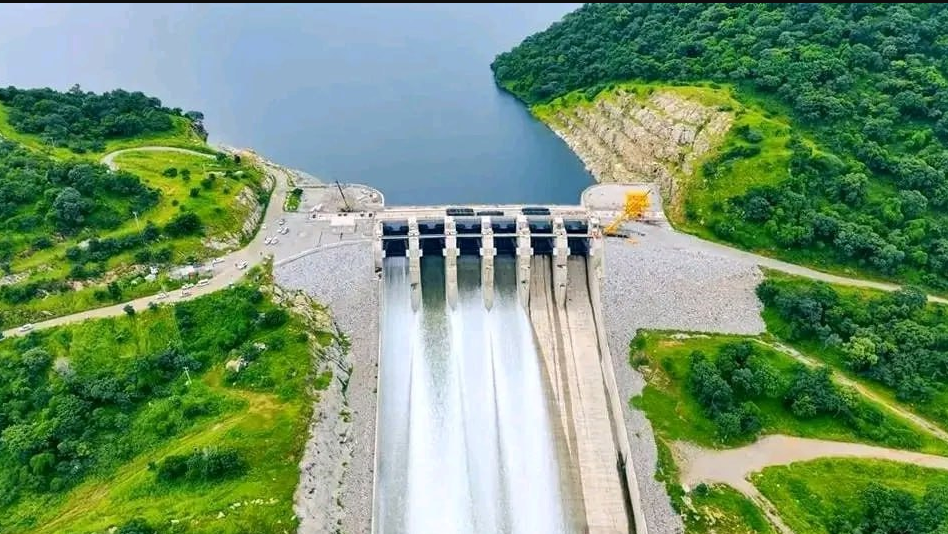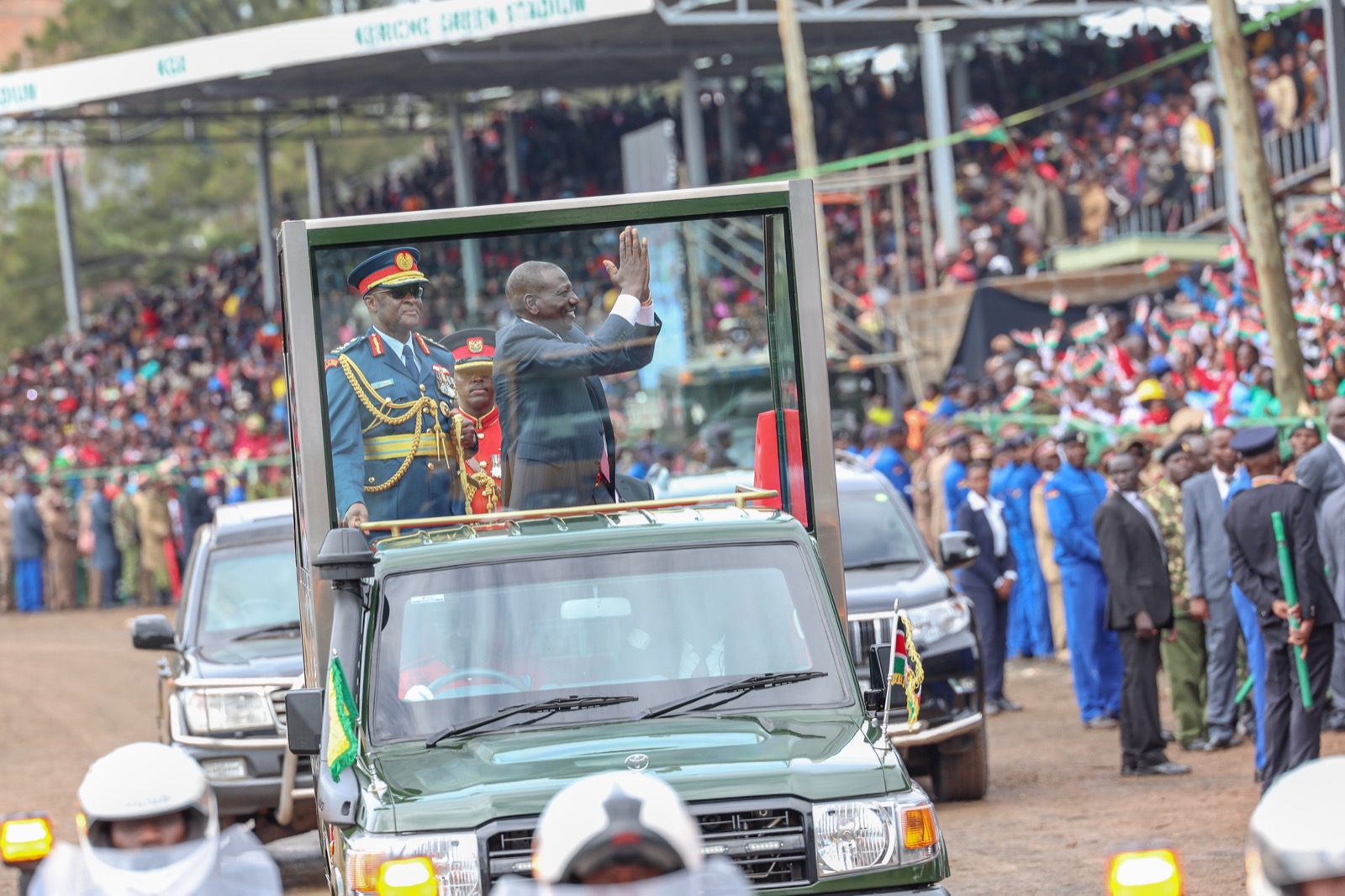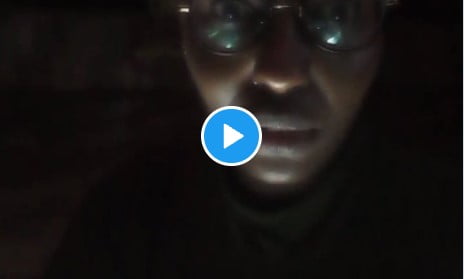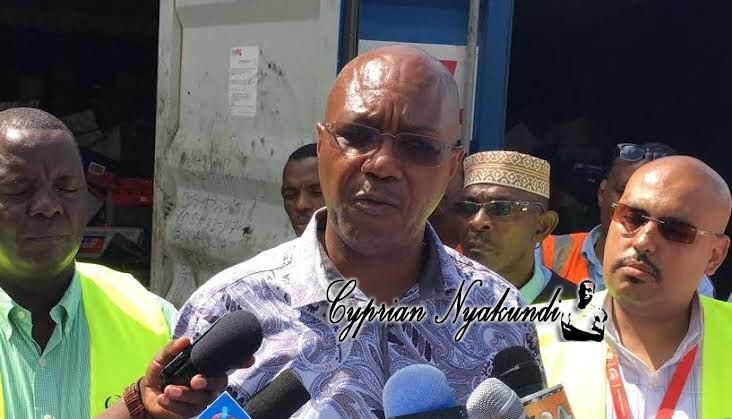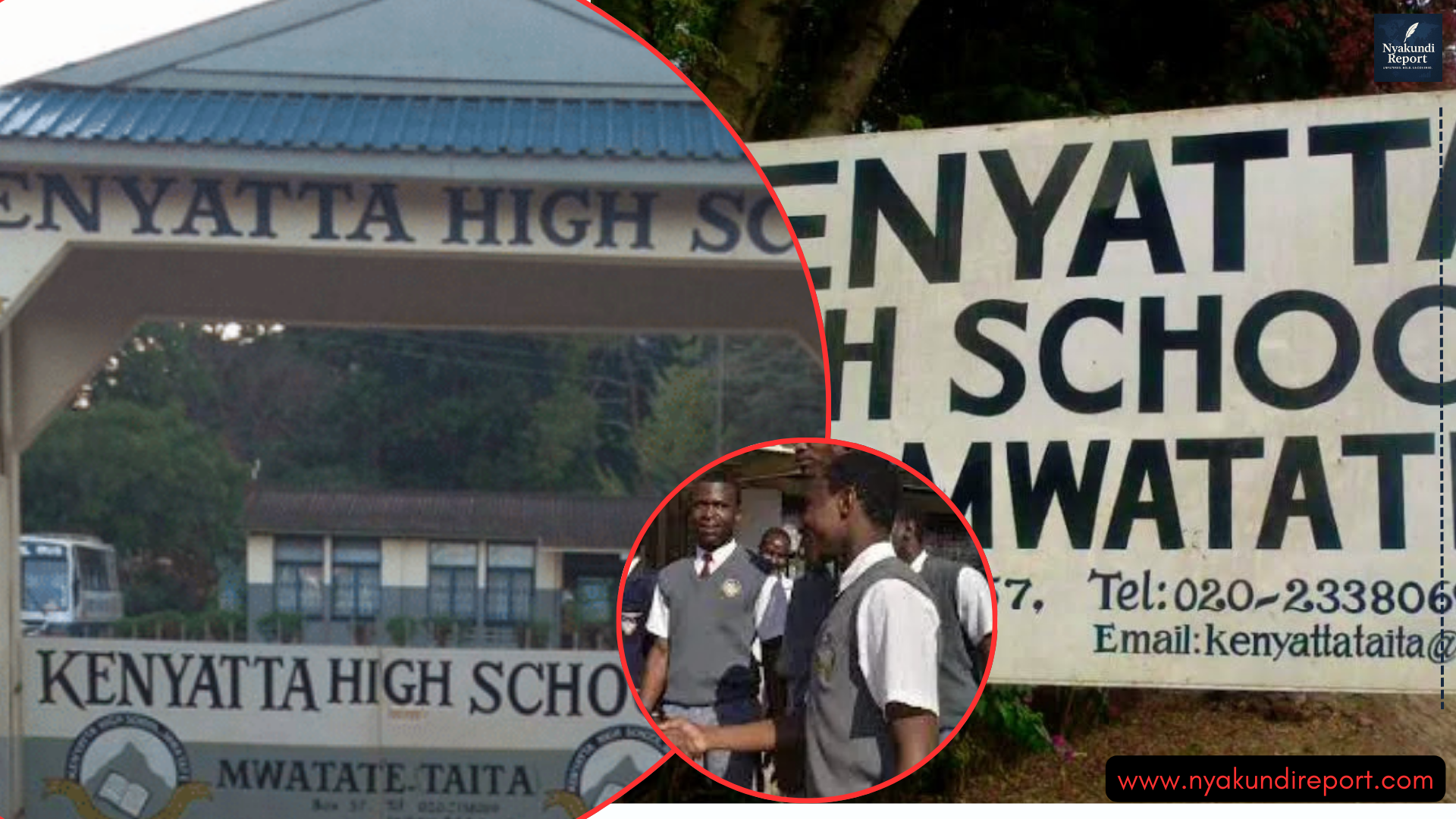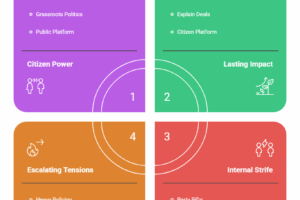Kenya’s special envoy to South Sudan Raila Odinga has criticized the South Sudanese government for denying him access to First Vice President Riek Machar, who remains under house arrest following his detention on March 26.

Odinga, who had travelled to Juba to assess the situation, held discussions with President Salva Kiir but was unable to meet Machar, as authorities cited an ongoing investigation into the deaths of a military general and ten others in Nasir, Upper Nile State.
Speaking on Saturday, Odinga confirmed that President Kiir provided details on the security operation that led to Machar’s arrest, indicating that investigations were still ongoing.
The former Prime Minister sought direct engagement with Machar but was informed that access could not be granted at this stage.
“I had a lengthy discussion with President Kiir, who explained the challenges they are dealing with.
He informed me of the killing of a general and ten others in Nasir, Upper Nile, which is under investigation,” Odinga said.
“As a result, Vice President Riek Machar was placed under house arrest. I asked to speak to him, but my request was declined.”
After the meeting in Juba, Odinga travelled to Entebbe, Uganda, where he briefed President Yoweri Museveni on the unfolding events.
He called for urgent intervention to prevent a deterioration of the situation in South Sudan, urging the international community to step in before tensions deepen.
Odinga is expected to brief IGAD leaders, including Kenya’s President William Ruto, Ethiopia’s Prime Minister Abiy Ahmed, and Djibouti’s President Ismail Guelleh, to explore a collective diplomatic response.
The United Nations has also weighed in on the issue, with Secretary-General António Guterres and IGAD’s executive secretary Workneh Gebeyehu calling for immediate diplomatic efforts to prevent further instability.
Machar’s arrest, which took place after a team of security officials raided his residence in Juba, disarmed his bodyguards, and detained him, has drawn widespread reactions.
His wife, Angela Teny, who serves as South Sudan’s Interior and Coordination Minister, was also placed under police custody.
The move has attracted international backlash, with the United States and the African Union among those urging for Machar’s immediate release.
The leadership of the Sudan People’s Liberation Movement in Opposition (SPLM-IO), which Machar heads, has demanded that President Kiir order his release, further deepening the political rift in Juba.
South Sudan’s government spokesperson, Michael Makuei, has insisted that Machar remains under house arrest due to his alleged connection to the killings in Nasir, though no direct link has been established so far.
The situation remains fluid, with regional leaders closely monitoring developments as pressure mounts on Juba to provide a resolution to the matter.
Odinga expressed optimism that South Sudan’s authorities would allow him to meet Machar in the coming days as part of broader efforts to stabilize the situation.
The next steps are expected to be determined by upcoming engagements between regional leaders, international organizations, and South Sudan’s leadership.

